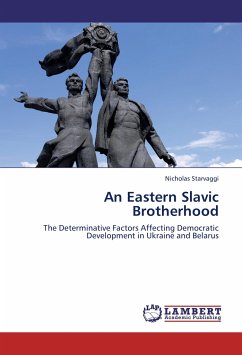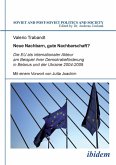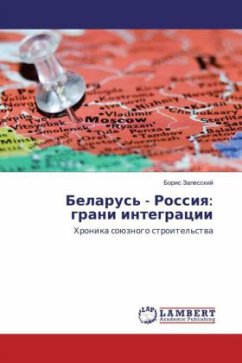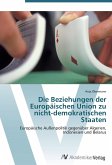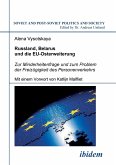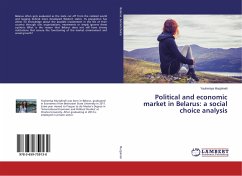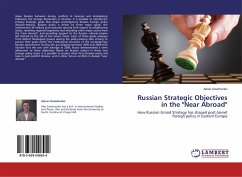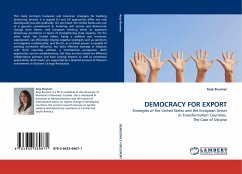Following the collapse of the Soviet Union, fifteen successor states emerged as independent nations that began transitions toward democratic governance and a market economy. Three of these countries have since experienced "color revolutions," which have been characterized by initial public demonstrations against the old order and a subsequent revision of the rules of the political game. In one of these countries, Ukraine, the Orange Revolution has brought about renewed hope in democracy, yet important obstacles remain. Belarus, Ukraine's northern neighbor, shares many structural similarities yet has not experienced a "color revolution." Anti-governmental demonstrations in Minsk in 2006 were met with brutal force that spoiled the opposition's hopes of reenacting a similar political outcome to that which Ukraine's Orange Coalition was able to achieve in 2004. It is found that the significant factors that prevented a "color revolution" in Belarus are a cohesive national identity that aligns with an authoritarian value system, a lack of engagement with U.S. and European institutions, and the Belarusian regime's continued economic and political support from Russian leaders.
Bitte wählen Sie Ihr Anliegen aus.
Rechnungen
Retourenschein anfordern
Bestellstatus
Storno

